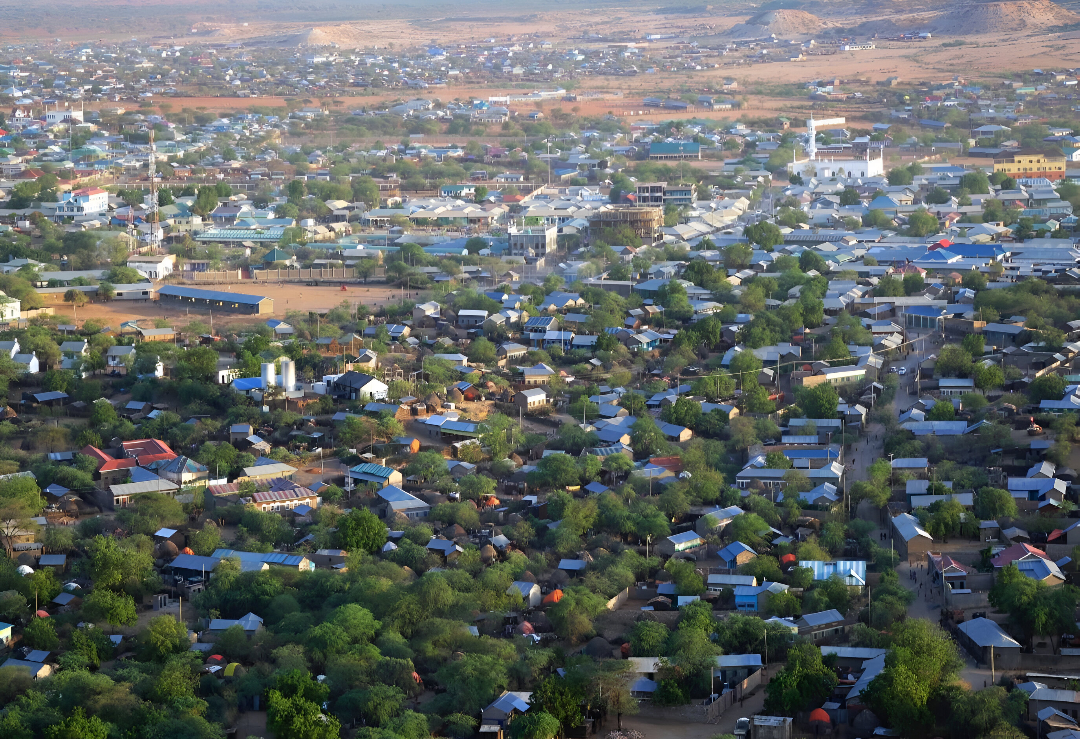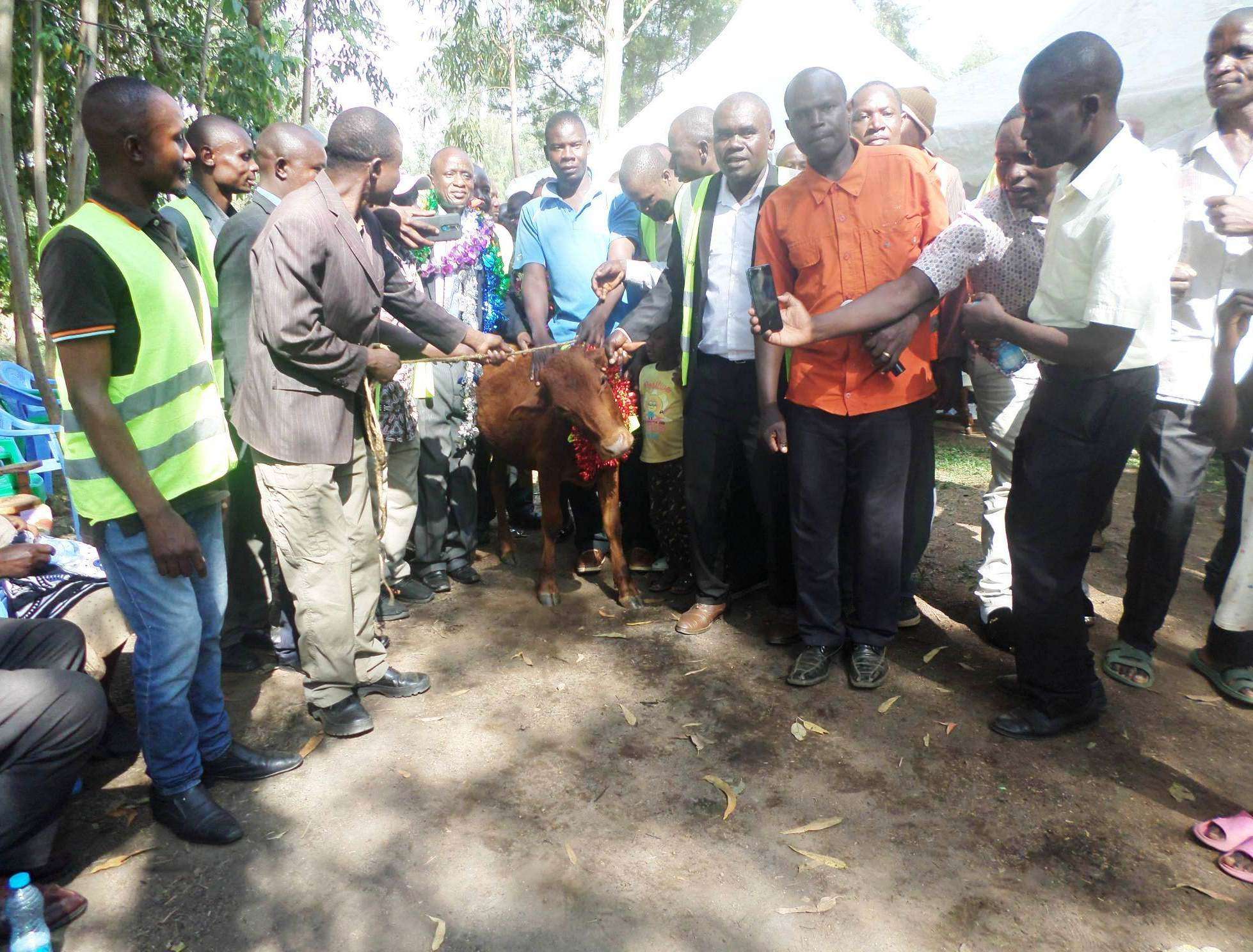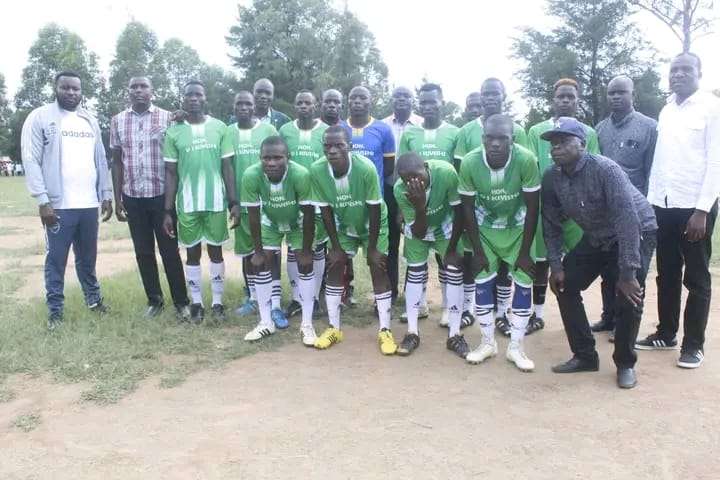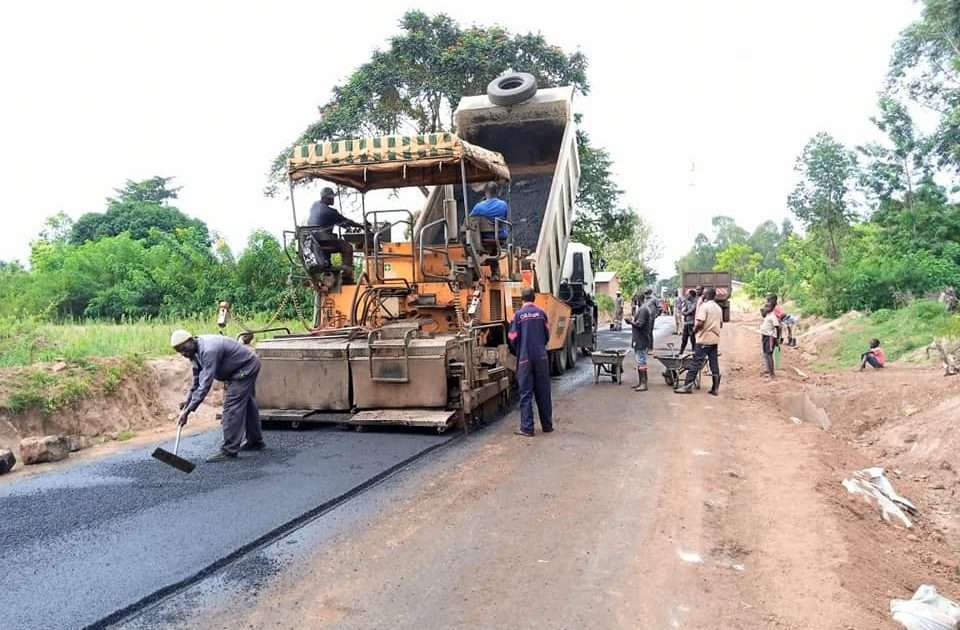By Adan Mohamed Shabure
The ongoing conflict in Mandera County, Kenya, and the Mubarak District in Ethiopia is deeply rooted in political motivations, not spontaneous tribal hostilities. The tensions date back to 2007 when the Degodia community took control of Mandera Central Constituency. Between 2007 and 2012, Degodia factions waged war against the Gare community across Mandera County and the Mubarak District in Ethiopia. These efforts were seen as attempts to forcibly relocate Degodia populations from Ethiopia back into Kenyan territory.
Following the unification of the Gare under the GETE (Gare Emergency Taskforce for Equality) umbrella and their subsequent capture of Mandera North Constituency, hostilities intensified. The Degodia, reportedly with support from Ethiopia, launched further offensives, resulting in the displacement of Gare communities from a 70km stretch along the River Daua. This led to the complete loss of key riverine settlements and farmlands.
Among the lost Gare farms were those in Malka Mari, belonging to Shaba, Sgt Tulo, Sheto, Haji Mohamed Gira, and others. Additional affected areas include Hullow (Dibayu Gudha, Dibayu Diqa, Daka Lon Fakat), Malka Roqa (Galma, Niti Yaya farms), and properties owned by Darawa Guri, Odomay Kina Haji Adan Roqa, and Haji Mohamed Bakhari.
Entire villages, schools, and mosques were destroyed. Some were even reduced to ashes and dumped into the river. Key settlements and farms belonging to the families of Issack Maalim Hussein, Ugas Nur Maalim Hussein (of Bana), Aw Kulow of Qote (father to Maalim Aftin, a secondary school principal), Issack Haji Shunu, Abdullahi Ahmed Shunu, and others were taken over.
Notable irrigation projects like the Rhamu Dimtu schemes, initiated by the late Hon. Mohamed Sheikh Ali for Gare pastoralist dropouts, have also been seized. Farms like Bini (of the late Maalim Hassan Bakhari) and Rukes (Odomay, Aw Tuney, and Haji Adan) were among those appropriated by Degodia settlers from Ethiopia.
A significant figure in the Degodia movement is Aw Hussein, father of Abdikadir, a lawyer, who crossed from Ethiopia as a Quran teacher for the children of the late chief Haji Hassan Aliow Sheto. He is related to Haji Ibrahim, also known as “Sadhe,” a prominent Degodia elder from Ethiopia. Other previously Gare-owned areas such as Guba (initiated by Haji Dahir Mohamed Abdinur of Reer Siid), Olla (of Bana), Guticha, Mata Araba, and Hagarchis have been taken over by Degodia, notably the Gibrail and Shabure sub-clans.
The town of Ashabito, once a predominantly Gare settlement, has seen all its buildings along the main road taken over by Degodia. Displaced Gare families now live as internally displaced persons (IDPs) in Sukela Tinfa.
The main road from Rhamu to Gari was historically governed by late chiefs Abdi Aliow (alias Kori iyo Hoos), Gabow Abdulla, Hussein Abdi, and Adan Molu Kike. Now, the entire region has reportedly been renamed and repurposed as “Mubarak” and “Zone Liban” by the new settlers.
Even public resources such as the Sahada salt licks, vital for livestock and wildlife, have been fenced off and claimed as private property by Degodia individuals, rendering them inaccessible to the community.
Recently, fresh clashes erupted between the Murule and Degodia communities after the latter crossed the River Daua in large numbers from Ethiopia, settling in Rhamu and the surrounding hinterlands. Locals raised concerns, questioning the motive behind this mass migration, especially given the absence of war, famine, or drought. Degodia leaders reportedly failed to provide any justification.
Allegedly, politicians affiliated with the United Democratic Movement (UDM) and aligned with the Degodia (D) clan have made political arrangements to exchange Rhamu and Neboi wards for electoral support in the 2027 general election. To bolster their numbers ahead of a planned fresh voter registration by the reconstituted Independent Electoral and Boundaries Commission (IEBC), Degodia leaders are said to be planning another influx from Ethiopia.
Sources claim that triggering new clan clashes is part of a calculated strategy to justify this movement and eventually tip the demographic balance in favour of Degodia in Mandera County.





